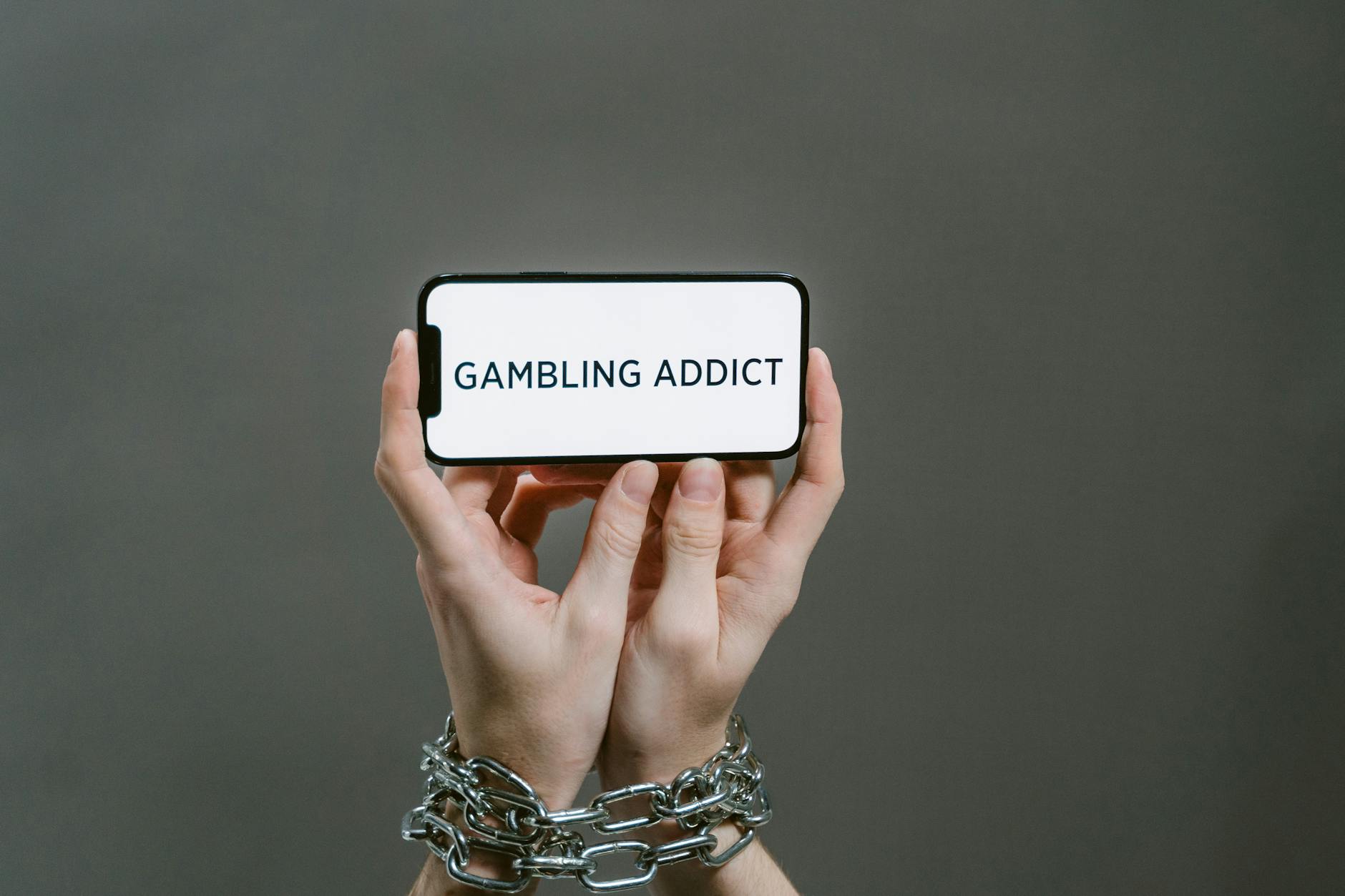Are you finding yourself spending hours on end solving online puzzles? Online puzzles have become a popular pastime for many, offering a fun and challenging way to pass the time. However, for some, what starts as a harmless hobby can turn into a full-blown addiction. In this article, we will uncover the best strategies to help you manage your online puzzles addiction effectively.
Understanding Online Puzzles Addiction
Online puzzles addiction is a real phenomenon that can have negative impacts on your life if left unchecked. It can lead to decreased productivity, neglect of responsibilities, and even physical health issues due to prolonged screen time. Recognizing the signs of addiction is the first step towards overcoming it. If you find yourself constantly thinking about puzzles, feeling restless when not solving them, or neglecting other activities, it may be time to reassess your puzzle-solving habits.
Setting Boundaries and Limiting Screen Time
One effective strategy to combat online puzzles addiction is to set clear boundaries and limits for yourself. Allocate specific times of the day for puzzle-solving and stick to them. Avoid the temptation to spend every spare moment on puzzles by engaging in other activities that you enjoy or that are beneficial to your well-being. Limiting your screen time can also help reduce the urge to constantly solve puzzles.
Diversifying Your Activities
Instead of solely focusing on online puzzles, try diversifying your activities to provide a healthy balance in your life. Engage in physical exercise, social interactions, or creative hobbies to keep your mind stimulated and prevent excessive reliance on puzzles for entertainment. By broadening your range of interests, you can reduce the pull of online puzzles and decrease the risk of addiction.
Seeking Professional Help
If you find that your online puzzles addiction is significantly impacting your daily life and well-being, consider seeking professional help. A licensed therapist or counselor can provide guidance and support in overcoming addictive behaviors. Cognitive behavioral therapy (CBT) and other therapeutic interventions can help you understand the underlying reasons for your addiction and develop coping strategies to manage it effectively.
Connecting with Supportive Communities
Joining online or local support groups for individuals struggling with addictive behaviors, including puzzle addiction, can be immensely beneficial. Connecting with others who are going through similar challenges can provide you with emotional support, encouragement, and valuable insights into managing your addiction. Sharing your experiences and learning from others’ journeys can empower you to take control of your puzzle-solving habits.
Practicing Mindfulness and Self-Reflection
Incorporating mindfulness techniques and self-reflection into your daily routine can help you become more aware of your thoughts, emotions, and behaviors related to online puzzles. Mindfulness exercises, such as deep breathing or meditation, can help you stay present in the moment and resist the urge to compulsively solve puzzles. Self-reflection allows you to explore the motives behind your puzzle addiction and make conscious choices to change your habits.
Conclusion
Online puzzles addiction can sneak up on you, but with the right strategies and support, you can regain control of your puzzle-solving habits and lead a more balanced life. By understanding the signs of addiction, setting boundaries, diversifying your activities, seeking professional help when needed, connecting with supportive communities, and practicing mindfulness and self-reflection, you can effectively manage your online puzzles addiction and enjoy puzzle-solving in a healthy and fulfilling way. Remember, moderation is key in all things, including your favorite online puzzles.



